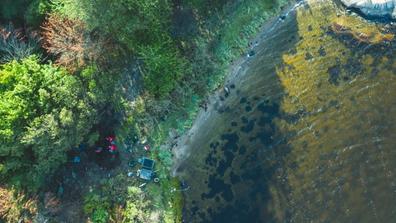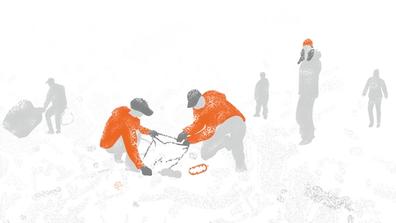Are you planning to organise a clean-up operation?
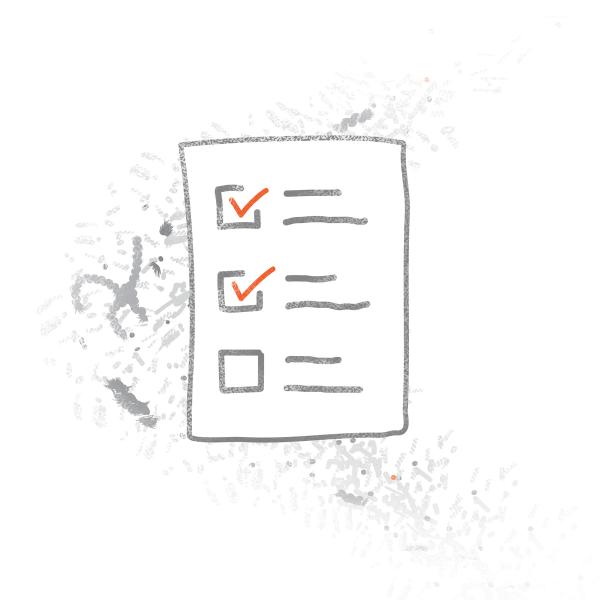
Early planning
- Where will you carry out the clean-up activities
- Who will participate in the clean-up activities
- When will you carry out the clean-up activities
- Consider whether it is necessary to inspect the clean-up location
- Check whether the area is protected
- Check the protection provisions requirements if the area is protected
- Consider what type of equipment you need to bring
- Consider the need for insurance
- Consider logistics and transport requirements

Dialogue and coordination
- Enter into dialogue with the landowner as needed
- Enter into dialogue with the County Governor or local authority concerning any protected areas
- Contact a waste management company concerning waste deliveries
- Involve someone who has local knowledge
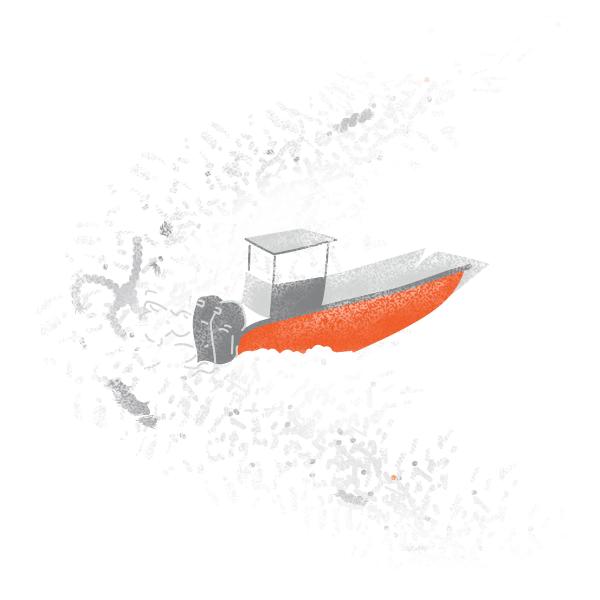
Plan the transport of clean-up personnel
- Define the meeting point for everyone who will participate
- Plan transport from the meeting point to the clean-up area
- Check rules and regulations relating to transport
- Check parking possibilities
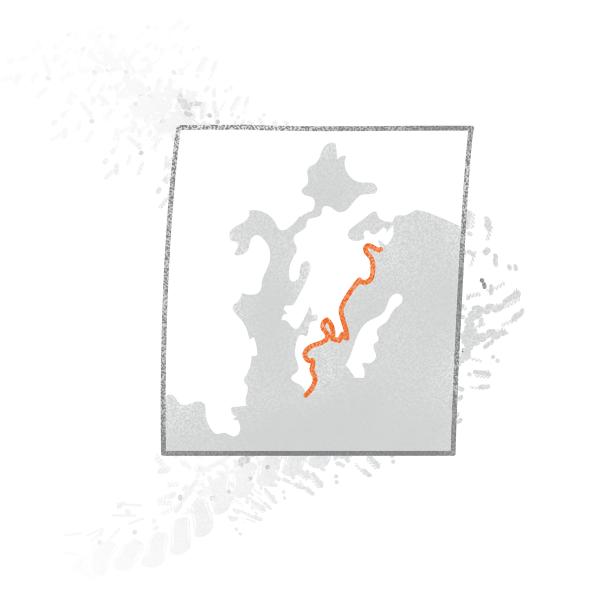
Organise clean-up and waste management
- Define the clean-up area
- Plan the organisation of clean-up activities
- Plan proper storage of waste
- Organise transport of waste from the clean-up site
- Organise delivery of waste

Using Rydde
- Register the clean-up operation in Rydde
- Clarify what to register
- Clarify who will perform registrations

Weather and wind
- Check the weather forecast
- Check the tidal conditions
- Check wave alerts

Information to participants prior to the operation
- Meeting point and time
- Duration of the clean-up operation
- Contact information for the organiser
- What to bring
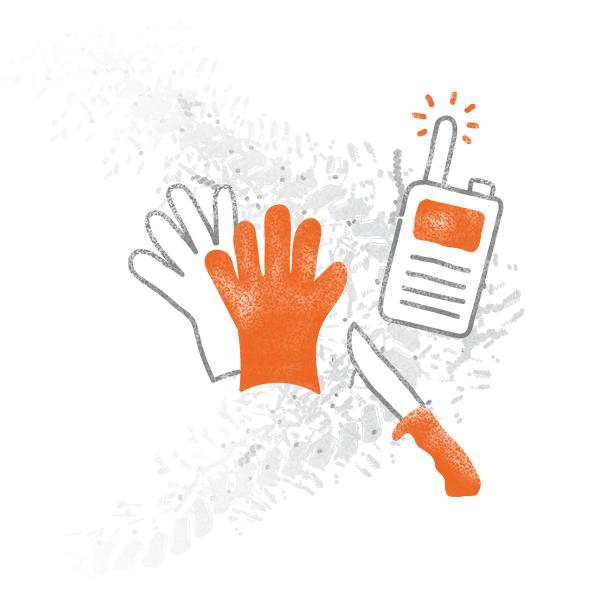
Remember to bring:
- Bin bags
- Bigbags, if required
- Separate bags for food waste
- Necessary protective equipment such as gloves, life jackets, safety goggles and high-visibility vests
- Cleaning equipment such as knives, axes and crowbars
- Communication equipment
- First-aid equipment
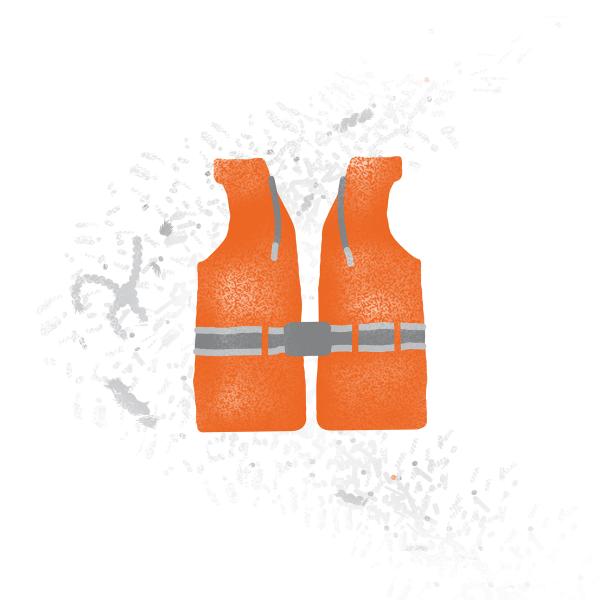
Personnel transport
- Ensure safe transport of personnel
- Wear life jackets in boats
- Take the necessary precautions when transporting personnel by boat
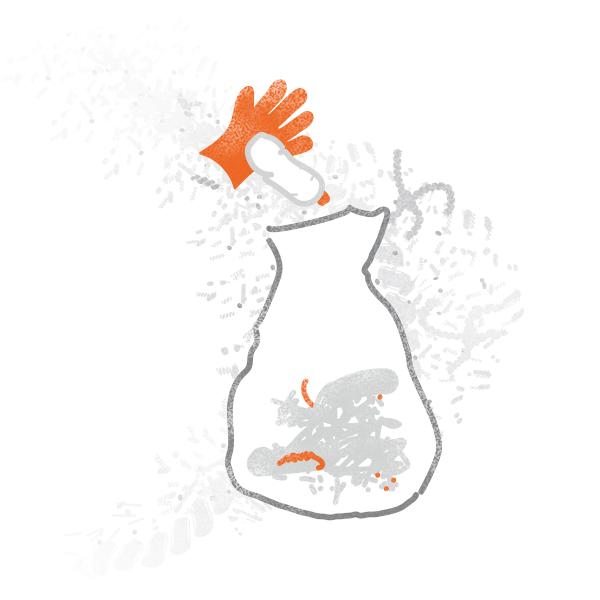
When cleaning
- Provide practical information about the execution of clean-up activities
- Talk through the safety during clean-up activities
- Agree a time for completion
- Keep an overview of clean-up personnel
- Take care of health and safety
- Designate a safety officer available in case of incidents
- Organise common food and beverages if provided
- Register in Rydde
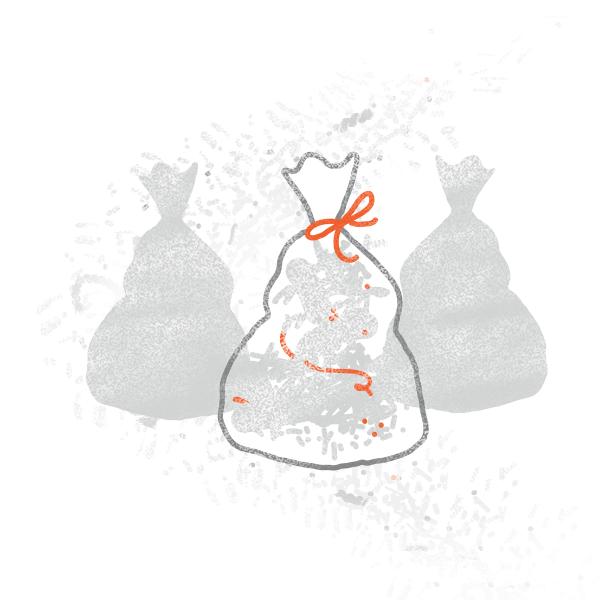
After the operation
- Organise an all-hands completion briefing and summary
- Store waste securely until collection
- Ensure safe transport of waste
- Bring any food waste home
- Register data in Rydde if this was not done throughout
- Complete the clean-up operation in Rydde when you have finished
- Register littered areas in Rydde if further cleaning is required



